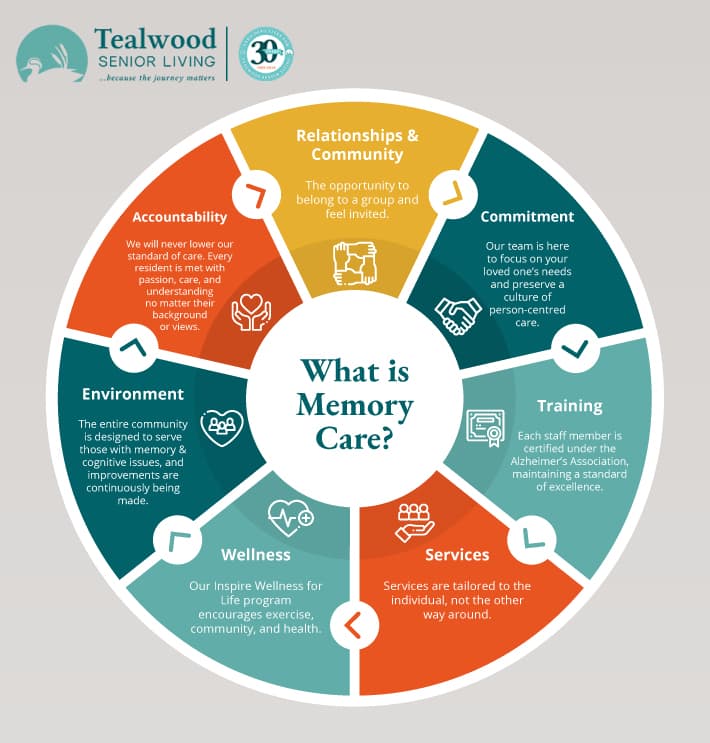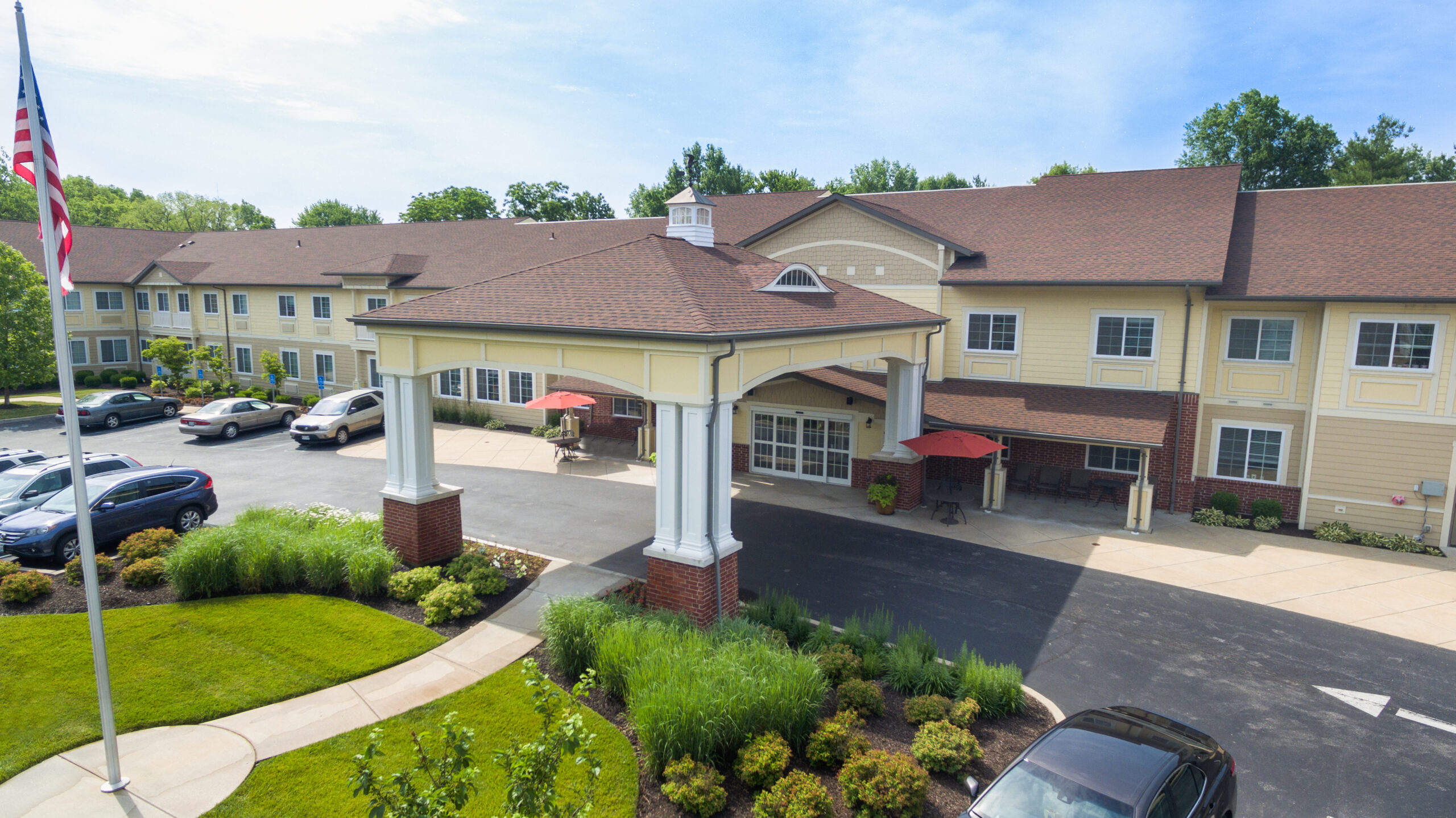Adeptly Managed Programs for Top Quality Alzheimers Care Charlotte Providers
Adeptly Managed Programs for Top Quality Alzheimers Care Charlotte Providers
Blog Article
Developing a Safe and Supportive Environment for Alzheimer's Care
The creation of a safe and encouraging environment for people with Alzheimer's is paramount in enhancing their top quality of life. Exploring these complex methods can disclose vital understandings right into reliable caregiving techniques that may change the daily experiences of both people and caregivers.
Recognizing Alzheimer's Needs
Often, individuals with Alzheimer's disease exhibit a variety of demands that call for customized techniques to care. As the condition advances, cognitive decrease shows up in various ways, impacting memory, reasoning, and also the capability to carry out everyday tasks. Caregivers should acknowledge these developing demands to provide suitable assistance and make certain a better of life for those impacted.
One important facet of understanding Alzheimer's requirements is identifying the value of regular and knowledge. People commonly discover comfort in established patterns, which can minimize anxiety and confusion. Caretakers need to aim to develop structured everyday timetables that integrate purposeful activities straightened with the individual's rate of interests and capabilities.
Furthermore, reliable interaction is paramount. People with Alzheimer's may battle to express themselves or comprehend complex language. Caregivers ought to utilize easy, clear language, use non-verbal hints, and technique energetic paying attention to promote understanding and connection.
Finally, emotional and social needs can not be forgotten. Giving chances for social interaction and preserving connections can significantly enhance psychological health. Caretakers must urge interaction in community activities or family members gatherings, promoting a sense of belonging and purpose. Understanding these varied demands is important for creating a supportive care atmosphere.
Creating a Safe Home
Creating a risk-free home for individuals with Alzheimer's disease is vital to advertising and lessening risks freedom. The design of the living area ought to prioritize security while allowing for personal comfort. First, remove potential hazards such as loosened carpets, sharp items, and clutter, which can lead to falls or mishaps. Ensure that paths are well-lit and clear, as proper illumination minimizes disorientation and improves movement.
Incorporating flexible features is additionally critical. Set up grab bars in shower rooms and near stairs, and take into consideration making use of non-slip mats in damp locations. Additionally, making use of different shades for floorings and walls can help in differentiating rooms, assisting to minimize complication.
Knowledge is very important for people with Alzheimer's. Individualizing the setting with acquainted items and pictures can enhance a sense of belonging and safety - Alzheimers Care Charlotte. It is also beneficial to have actually a designated location for day-to-day tasks, such as reading or crafting, which can offer structure to their day
Last but not least, implementing a safe exterior area permits for safe expedition while getting in touch with nature. By thoughtfully creating the home setting, caregivers can considerably enhance the quality of life for people dealing with Alzheimer's disease.
Enhancing Interaction Abilities

Non-verbal communication, consisting of faces, motions, and touch, plays a crucial function in communicating compassion and understanding. Maintaining eye contact and a calm temperament can enhance the convenience level of the person, promoting a feeling of safety.
Moreover, it is essential to practice energetic listening. This involves being fully present, showing perseverance, and enabling the person to share themselves without disturbance. Repetition may be necessary; caregivers must be prepared to review inquiries or topics, as individuals with Alzheimer's might deal with memory recall.
Furthermore, utilizing visual aids or cues, such as pictures or familiar objects, can assist in acknowledgment and engagement. Inevitably, enhancing communication skills is about building depend on and developing an environment where people feel listened to, valued, and recognized, consequently enriching their lifestyle.
Urging Social Interaction
Cultivating purposeful social communications can substantially enhance the health of individuals with Alzheimer's illness. Engaging with others not only assists combat feelings of seclusion but also boosts cognitive feature and psychological wellness. Structured social tasks, such as team crafts, arts and video games, or music therapy, develop possibilities for citizens to get in touch with peers and caretakers, which can lead to improved state of mind and lowered anxiousness.
Creating an inviting environment that urges socializing is important. This can be attained by organizing common rooms that help with interaction, such as comfortable seating locations or activity rooms. In addition, incorporating culturally relevant and familiar activities can trigger memories and urge participation, allowing people with Alzheimer's to really feel even more linked to their past experiences.
Additionally, caregivers must be educated to identify and promote social engagement among citizens. Easy gestures, such as launching discussion or helping with tiny team discussions, can assist individuals really feel valued and included. Consistently arranged get-togethers must be constant yet adaptable, fitting varying levels of capability and rate of interest. By prioritizing social communication, we can significantly enhance the lives of those living with Alzheimer's, cultivating a sense of area and belonging.
Sustaining Caregiver Wellness

To support caregivers, companies should use regular training and instructional sources to enhance their understanding of Alzheimer's disease and caregiving strategies. Offering accessibility to break treatment solutions allows caretakers to take needed breaks, minimizing stress and tiredness - Alzheimers Care Charlotte. Furthermore, cultivating an area find this with support groups can help with psychological sharing and the exchange of sensible advice amongst caregivers, developing a network of shared support
Mental wellness resources, such as therapy solutions, can likewise be essential in attending to the emotional toll caregiving can take. By focusing on caregiver well-being, we produce an even more sustainable caregiving setting that not just profits the caregivers themselves but likewise boosts the general quality of treatment received by people with Alzheimer's. Eventually, supporting caregivers is a crucial element in promoting a thoughtful and effective treatment setting.
Verdict
Finally, the development of a helpful and risk-free atmosphere for individuals with Alzheimer's is important to improving their quality of life. By focusing on safety via thoughtful design, promoting emotional wellness with familiar components, and advertising involvement through structured regimens, caregivers can dramatically affect the total experience of those affected by this problem. Supporting caretaker health is vital, as it ultimately contributes to a much more effective and thoughtful care atmosphere.
Repetition might be necessary; caretakers need to be prepared to review questions or subjects, as people with Alzheimer's may battle with memory recall.

Report this page